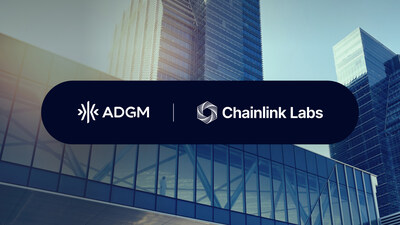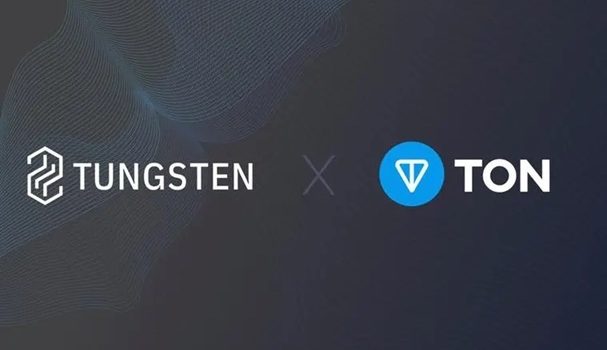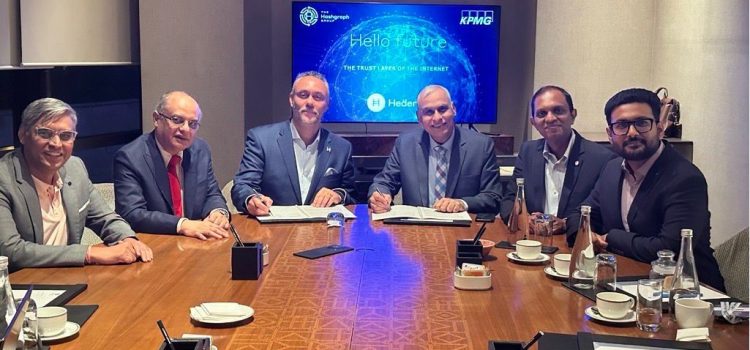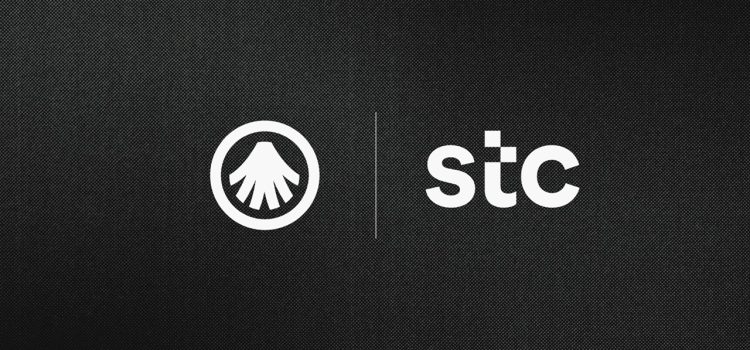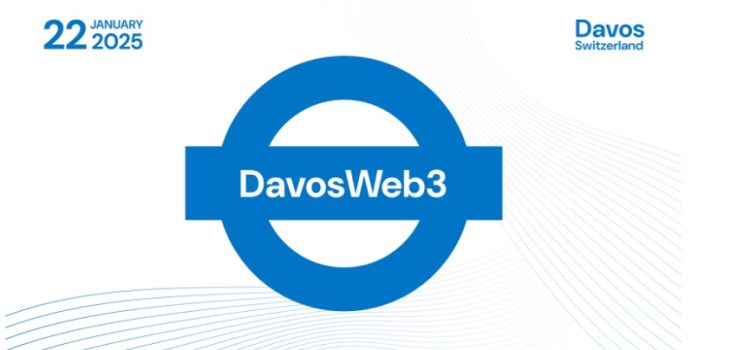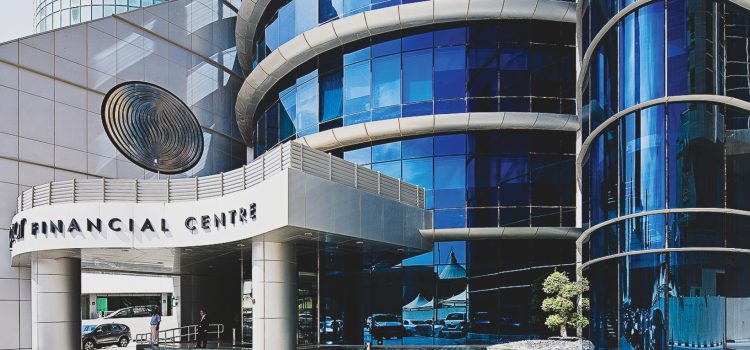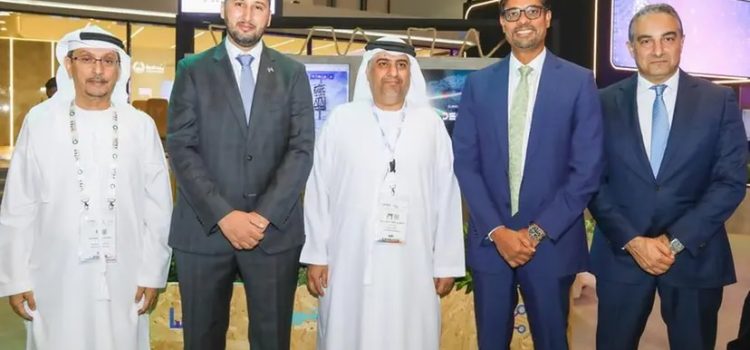
Abu Dhabi Securities Exchange (ADX), the largest exchange in the UAE and second largest exchange in the Middle East North Africa (MENA), has started the pricing stage as an initial step towards listing the first ever DLT ( Distributed Ledger Technology)/ Blockchain digital bond in the MENA region.
As per the announcement the DLT digital bond will be issued by First Abu Dhabi Bank (FAB) using HSBC Orion, digital asset platform. The listing on ADX is a collaboration of all three entities powered by HSBC Orion which is operated by the Central Moneymarkets Unit (CMU) in Hong Kong, and structured with support from leading international law firms, reflecting the high standard of governance.
HSBC Orion has led the way in the digitalisation of the capital market infrastructure. It facilitated the launch of the European Investment Bank’s first-ever digital bond in pound sterling2, and the world’s first multi-currency digital bond offering as well as the largest digital bond issuance for the HKSAR Government. HSBC is also the first bank in the world to offer tokenized ownership in physical gold.
Global investors can access the digital bond through accounts held with CMU, Euroclear and Clearstream, onboarding onto HSBC Orion as direct participant, or via their existing custodian who can participate through one of the above options.
Introducing the digital bond into ADX’s growing list of financial products supports its broader ambition to offer innovative financial instruments and signifies the Exchange’s pioneering role in introducing tokenized finance. Digital bonds, fixed-income securities issued and recorded on blockchain technology, offer operational efficiencies, improved settlement cycles, reduced counterparty risk, improved security and enhanced transparency for institutional investors.
HSBC acted as the sole global coordinator, lead manager and bookrunner on the transaction, and played a central role in bringing the end-to-end blockchain-based issuance to the MENA region.
Abdulla Salem Alnuaimi, Group Chief Executive Officer of ADX, said, “The successful issuance of MENA’s first blockchain-based digital bond, in close collaboration with FAB and HSBC, marks a defining moment in our journey to transform capital markets through innovation. ADX was central in facilitating this milestone, ensuring the bond’s seamless integration with existing post-trade infrastructure and compatibility with global settlement standards.”
He added that this initiative not only expands access to institutional grade digital instruments but lays the foundation for broader class of tokenized assets which include green bonds, sukuk, real estate linked products and more. He noted, ” It reinforces Abu Dhabi’s position as a leading global financial centre. It aligns with the UAE’s national agenda to build a diversified, technology-driven capital market anchored in transparency, resilience, and long-term growth.”
Lars Kramer, Group Chief Financial Officer at First Abu Dhabi Bank (FAB), also explained, “This milestone marks a significant advancement in our innovation journey, establishing FAB as the issuer for the first blockchain-based digital bond in the MENA region. Together with ADX and HSBC, we are setting new benchmarks in efficiency, transparency, and security, while aligning with the UAE’s progressive regulatory framework. We are supporting investors navigate the global digital assets landscape. This bond issuance accelerates the development of a robust digital capital markets ecosystem in the UAE.”
Mohamed Al Marzooqi, Chief Executive Officer, UAE, HSBC Bank Middle East Limited, added that the successful launch of MENA’s first digital bond on ADX using HSBC Orion shows how they are transforming the promise of tokenization into reality within the MENA region. He explains, “This is a significant milestone towards a future where digital assets become a mainstream part of the Middle East’s financial landscape.”
This comes after the Securities and Commodities Authority in UAE issued its security and commodity token regulation.











